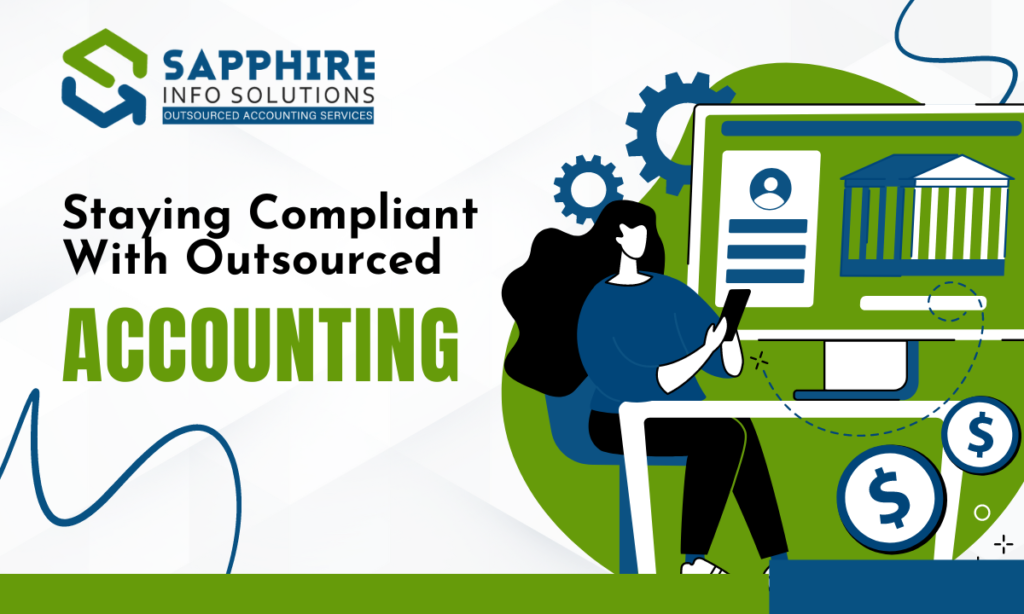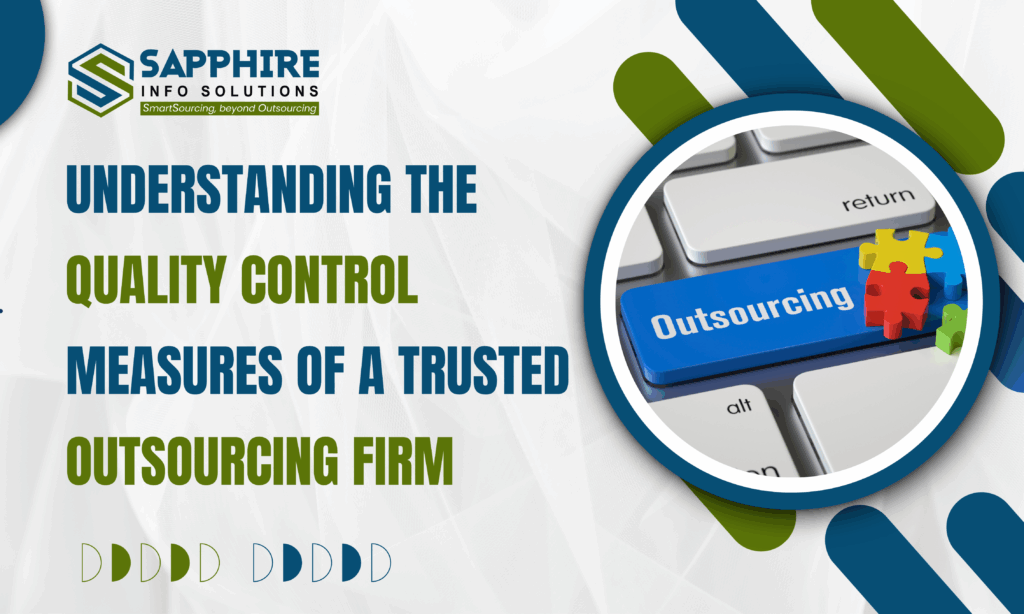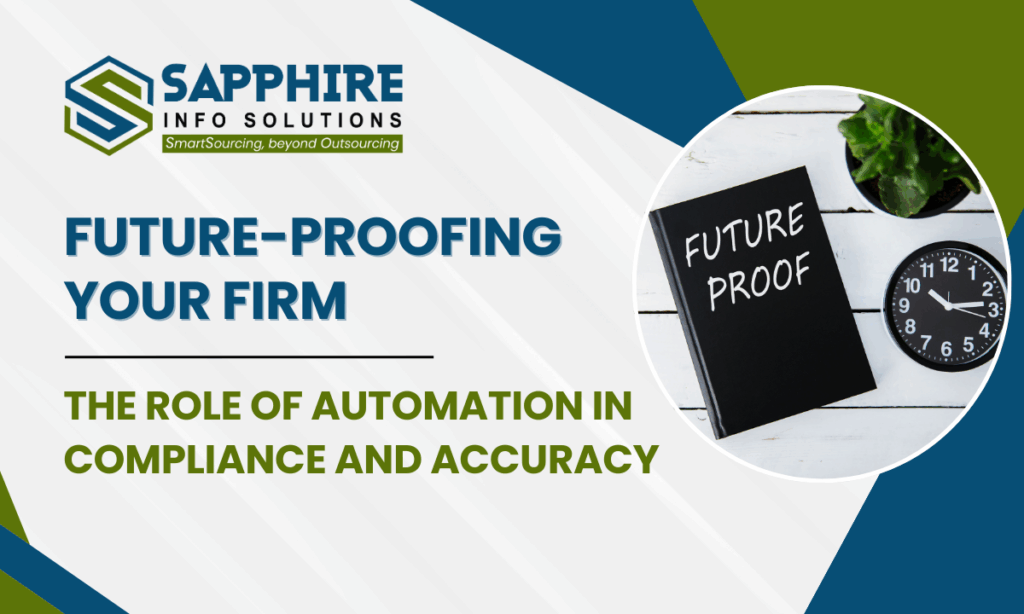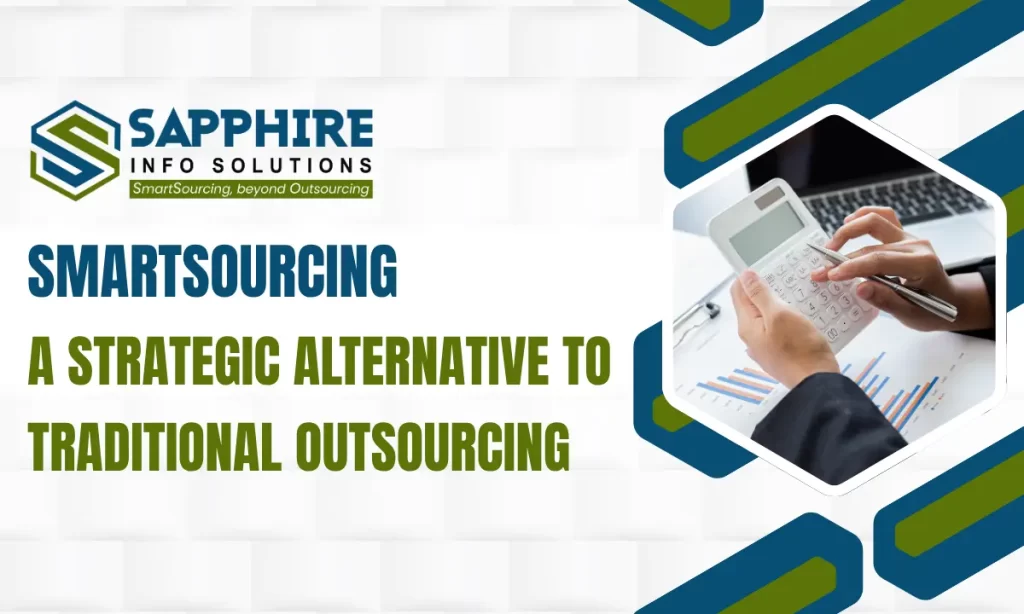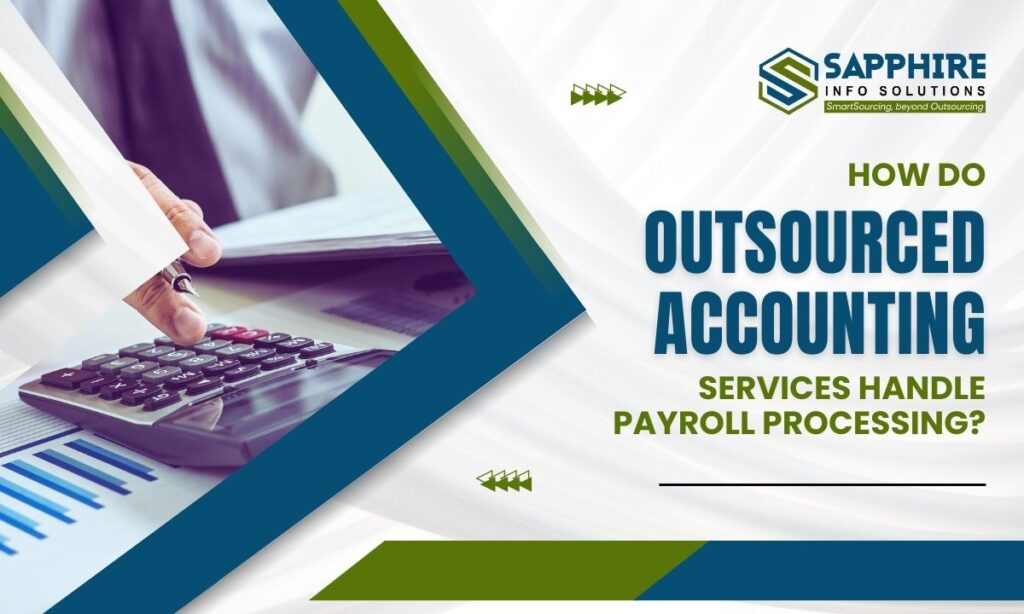Outsourcing accounting tasks can be a game-changer for businesses, allowing them to focus on their core competencies while leaving the financial nitty-gritty to the experts. However, as organizations increasingly turn to external providers for their accounting needs, staying compliant becomes paramount. In this article, we will explore the crucial steps businesses must take to ensure compliance when outsourcing accounting.
The Importance of Compliance in Accounting
Maintaining compliance means adhering to legal and regulatory requirements, as well as industry standards. Failure to do so can lead to severe consequences, including financial penalties and loss of reputation. Businesses must understand that compliance is not just a box to tick, but a crucial pillar for long-term success.
When it comes to accounting, compliance is particularly important due to the sensitive nature of financial data. Mishandling or unauthorized access to financial information can have devastating implications. Therefore, businesses must prioritize compliance in their accounting practices, whether they handle it internally or outsource it.
Understanding Outsourced Accounting
Outsourced accounting refers to the practice of delegating accounting tasks to external service providers. This can include activities such as bookkeeping, financial reporting, tax preparation, payroll processing, and more. By outsourcing these functions, businesses can tap into specialized expertise, reduce costs, and improve operational efficiency.
However, outsourcing accounting also introduces additional complexities, particularly in terms of compliance. When businesses entrust their financial processes to external providers, they must ensure that these providers adhere to the same level of compliance as they would internally.
Benefits of Outsourcing Accounting Services
Before diving into the intricacies of compliance, it’s essential to understand the benefits that outsourcing accounting services can bring to businesses. By outsourcing, organizations can leverage the expertise of accounting professionals who are well-versed in the latest regulations and industry best practices.
Moreover, outsourcing allows businesses to focus on their core competencies, giving them a competitive edge in the market. Instead of spending valuable time and resources on non-core activities like accounting, businesses can redirect their efforts towards growth-oriented initiatives.
Additionally, outsourcing accounting services can result in cost savings. External providers often have economies of scale, allowing them to offer their services at a lower cost compared to maintaining an in-house accounting department.
Common Compliance Issues in Accounting
When it comes to compliance in accounting, several common issues can arise, regardless of whether the business opts for internal or outsourced accounting. Some of the key compliance challenges include:
- Data Security: Protecting sensitive financial information from unauthorized access is a legal obligation and a significant concern for businesses. Data breaches can result in severe financial and reputational damage.
- Accuracy and Completeness: Accurate and complete financial reporting is essential for compliance. Errors or omissions in financial statements can lead to legal repercussions.
- Tax Compliance: Ensuring compliance with tax laws and regulations is a complex task that requires in-depth knowledge and expertise.
- Record Keeping: Proper record keeping is crucial for compliance. Businesses must maintain organized and easily accessible financial records for auditing purposes.
Best Practices for Staying Compliant with Outsourced Accounting
To ensure compliance when outsourcing accounting, businesses need to implement best practices that address the common compliance challenges. The following guidelines can help organizations stay on the right side of the law and maintain the integrity of their financial processes.
Choosing a Reputable Outsourced Accounting Provider
The first step in staying compliant with outsourced accounting is selecting a reputable service provider. Businesses should thoroughly research potential partners, considering their track record, expertise, and commitment to compliance. It’s crucial to choose a provider that has experience working with companies in your industry and understands the specific compliance requirements.
The Role of Technology in Ensuring Compliance
Leveraging technology is essential for ensuring compliance in outsourced accounting. Use of cloud-based accounting software and secure data storage solutions can significantly enhance data security and reduce the risk of unauthorized access. These tools also streamline financial processes, ensuring accuracy and completeness of financial reporting.
Training and Education for Accounting Compliance
Proper training and education are vital for maintaining compliance in accounting. Both internal staff and outsourced accounting providers should receive regular training on legal and regulatory requirements. This ensures that everyone involved is up to date with the latest compliance standards and understands their role in maintaining compliance.
Monitoring and Auditing Outsourced Accounting Processes
Regular monitoring and auditing of outsourced accounting processes are critical for identifying and addressing compliance gaps. Businesses should establish clear communication channels with their external providers and conduct periodic reviews of their performance. Audits can help identify potential issues and ensure that compliance standards are consistently met.
Conclusion: The Key to Successful Compliance in Outsourced Accounting
Outsourcing accounting tasks can bring numerous benefits to businesses, but staying compliant is crucial for long-term success. By choosing reputable providers, implementing robust data security measures, prioritizing accuracy and completeness, and conducting regular audits, organizations can ensure they stay compliant while reaping the rewards of outsourced accounting services.
In the rapidly evolving regulatory landscape, businesses must remain vigilant and adapt their compliance strategies accordingly. Compliance is not a one-time effort but an ongoing commitment that requires constant attention and dedication. With the right approach, businesses can navigate the complexities of outsourcing accounting while maintaining the highest standards of compliance.

